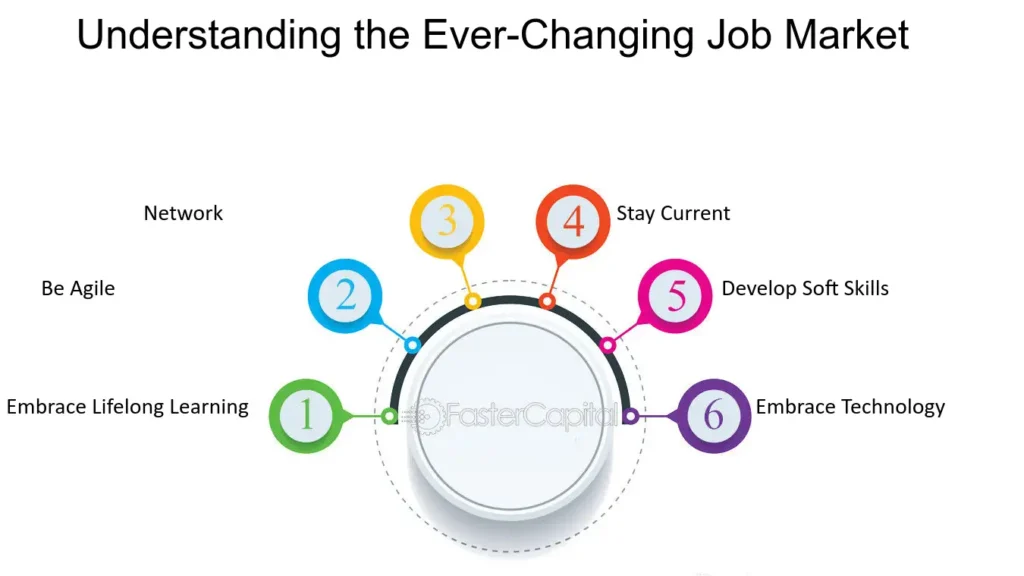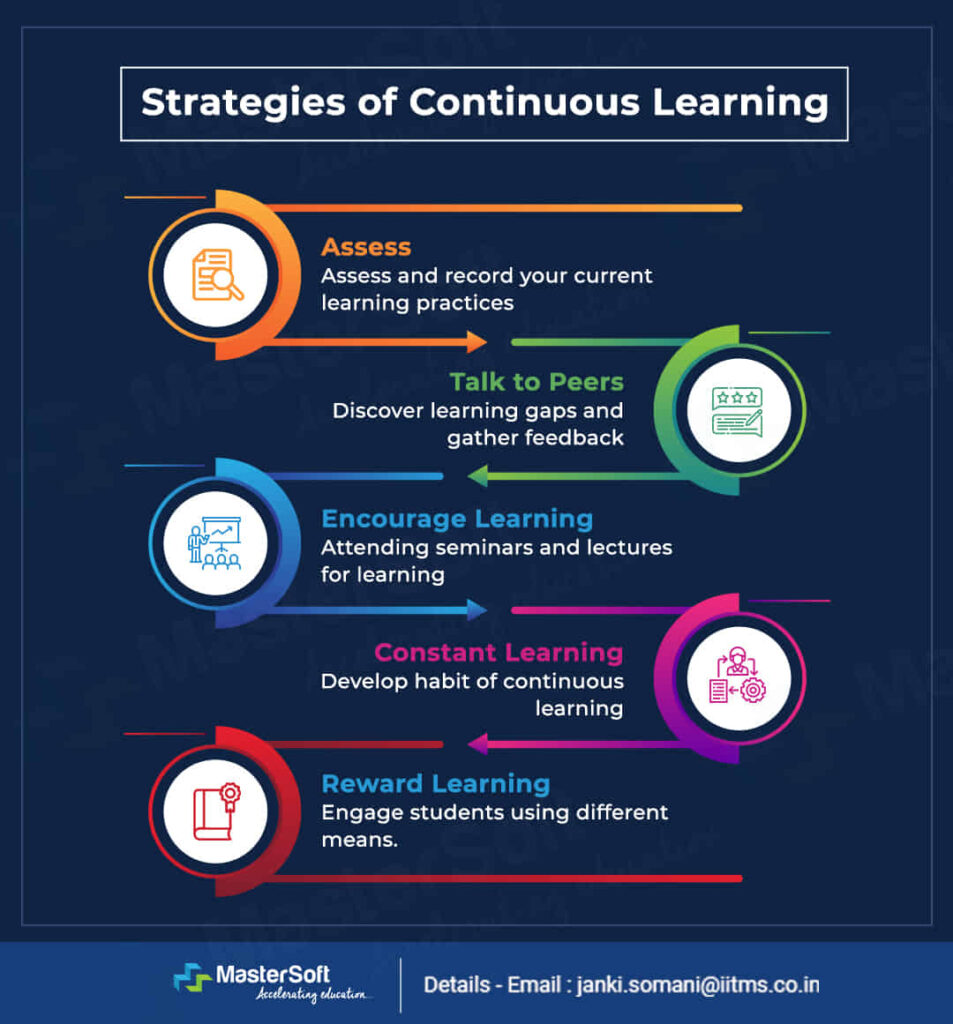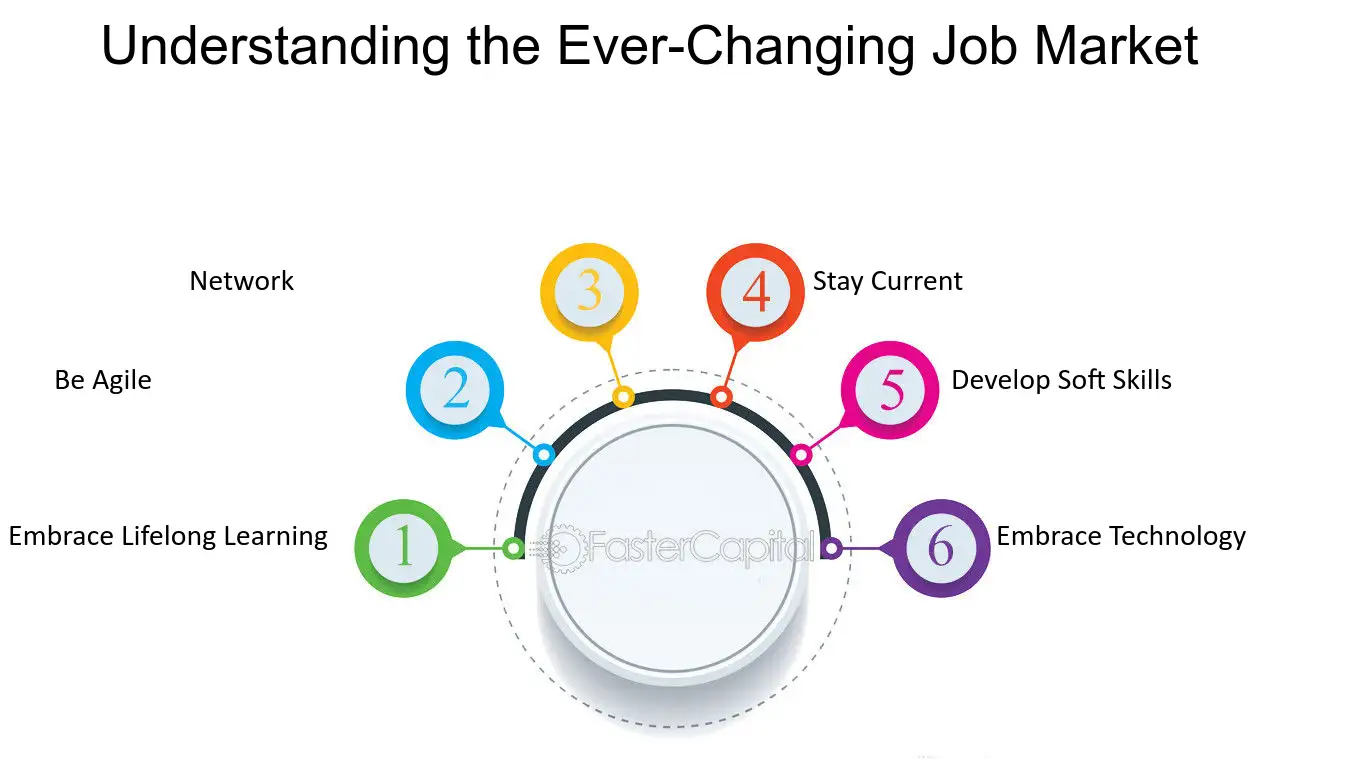Understanding the Job Market

What Is the Job Market?
Definition and Importance
The job market refers to the demand and supply of labor within an economy. It plays a critical role in shaping career opportunities and economic stability. For job seekers, understanding market trends is vital to identifying the best opportunities.
Key Trends Shaping the Market
Technological advancements, remote work, and a growing gig economy are transforming how people work. Industries like tech, healthcare, and renewable energy are booming, offering plenty of new roles.
How to Find the Right Job
Identifying Your Skills and Interests
Conducting a Self-Assessment
Take stock of your skills, strengths, and passions. Tools like personality assessments and career aptitude tests can help narrow down your focus.
Aligning Skills with Market Demand
Research job roles that are in high demand and see how your skills align. Websites like LinkedIn and Glassdoor offer insights into trending skills.
Creating a Strong Resume and Cover Letter
Tips for Writing an Effective Resume
Keep it concise, highlight achievements, and tailor it to the job description. Use action verbs like “led,” “managed,” or “designed” to make your experience stand out.
Common Mistakes to Avoid
Avoid generic statements, typos, and overly long descriptions. A cluttered resume can cost you the opportunity to make a good first impression.
Preparing for Job Interviews

Types of Job Interviews
In-Person vs. Virtual Interviews
While in-person interviews offer direct interaction, virtual interviews demand technical preparedness and a professional setup.
Common Interview Formats
Interviews may be one-on-one, panel-based, or even task-oriented. Each format requires specific preparation strategies.
How to Prepare for an Interview
Researching the Company
Understand the company’s mission, values, and recent achievements. This knowledge demonstrates your genuine interest in the role.
Practicing Common Interview Questions
Practice answering questions about your experience, strengths, and how you handle challenges. Mock interviews can help build confidence.
Growing in Your Career
Importance of Continuous Learning

Upskilling Through Courses
Enroll in online platforms like Coursera or Udemy to stay updated with industry trends. Employers value candidates committed to growth.
Benefits of Professional Certifications
Certifications like PMP, Google Analytics, or AWS can open doors to specialized roles and higher salaries.
Building a Personal Brand
Leveraging Social Media
Platforms like LinkedIn allow you to showcase your expertise and connect with industry leaders.
Establishing Thought Leadership
Writing blogs or speaking at events can position you as an expert in your field.
Conclusion
Navigating the job market can feel overwhelming, but staying informed, prepared, and persistent can lead to success. Keep learning, networking, and adapting to new trends, and the right opportunity will come your way.
FAQs
- What are the best websites to find jobs?
Websites like LinkedIn, Indeed, and Glassdoor are excellent for job hunting. - How do I tailor my resume for a specific job?
Focus on matching your skills and experiences with the job description, using relevant keywords. - What should I wear to a job interview?
Dress professionally, typically in business casual or formal attire, depending on the company culture. - How important is networking in job hunting?
Networking is crucial as many opportunities arise through personal connections. - What are some tips for balancing work and personal life?
Set boundaries, manage your time effectively, and prioritize self-care.

H1: Understanding the Job Market
- H2: What Is the Job Market?
- H3: Definition and Importance
- H3: Key Trends Shaping the Market
- H2: Types of Jobs
- H3: Traditional Jobs vs. Modern Jobs
- H3: Part-Time vs. Full-Time Opportunities
- H3: Freelance and Gig Economy
H1: How to Find the Right Jobs
- H2: Identifying Your Skills and Interests
- H3: Conducting a Self-Assessment
- H3: Aligning Skills with Market Demand
- H2: Creating a Strong Resume and Cover Letter
- H3: Tips for Writing an Effective Resume
- H3: Common Mistakes to Avoid
- H2: Exploring Job Portals and Networking
- H3: Best Online Platforms for Job Searches
- H3: Power of Networking in Finding Opportunities
H1: Preparing for Job Interviews
- H2: Types of Job Interviews
- H3: In-Person vs. Virtual Interviews
- H3: Common Interview Formats
- H2: How to Prepare for an Interview
- H3: Researching the Company
- H3: Practicing Common Interview Questions
- H2: Post-Interview Etiquette
- H3: Sending Thank-You Emails
- H3: Following Up Professionally
H1: Growing in Your Career
- H2: Importance of Continuous Learning
- H3: Upskilling Through Courses
- H3: Benefits of Professional Certifications
- H2: Building a Personal Brand
- H3: Leveraging Social Media
- H3: Establishing Thought Leadership
- H2: Networking for Career Advancement
- H3: Attending Industry Events
- H3: Joining Professional Organizations
H1: Conclusion
- Summary of Key Points
- Encouragement to Stay Persistent
FAQs
- What are the best websites to find jobs?
- How do I tailor my resume for a specific job?
- What should I wear to a job interview?
- How important is networking in job hunting?
- What are some tips for balancing work and personal life?





